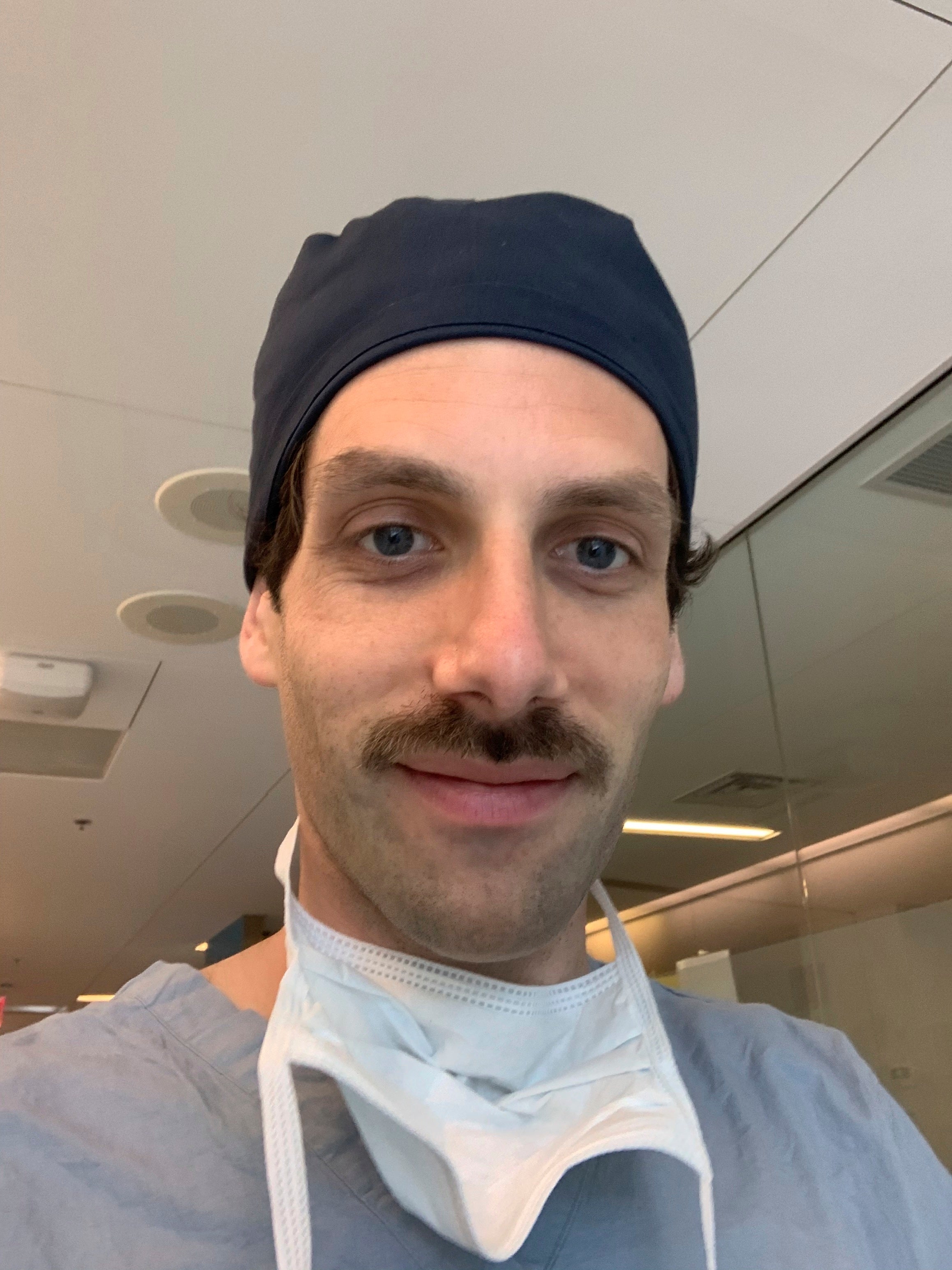Library of Congress gets health workers' audio COVID diaries
The Library of Congress has acquired a digital archive of the real-time impressions of more than 200 frontline health care workers documenting the country’s descent into the COVID-19 pandemic

Your support helps us to tell the story
From reproductive rights to climate change to Big Tech, The Independent is on the ground when the story is developing. Whether it's investigating the financials of Elon Musk's pro-Trump PAC or producing our latest documentary, 'The A Word', which shines a light on the American women fighting for reproductive rights, we know how important it is to parse out the facts from the messaging.
At such a critical moment in US history, we need reporters on the ground. Your donation allows us to keep sending journalists to speak to both sides of the story.
The Independent is trusted by Americans across the entire political spectrum. And unlike many other quality news outlets, we choose not to lock Americans out of our reporting and analysis with paywalls. We believe quality journalism should be available to everyone, paid for by those who can afford it.
Your support makes all the difference.The Library of Congress has acquired a digital archive of the real-time impressions of more than 200 frontline health care workers documenting the country’s descent into the coronavirus pandemic.
Calvin Lambert, a fetal medicine fellow in a Bronx hospital, recalls how a Black pregnant woman who came in for a checkup “became irate and became scared" even when he attempted to give her a COVID-19 test. She thought the nasal swab itself would give her the virus.
Lambert, who is Black, said he learned to understand “the deep distrust that the patient had and that many patients who are Black have for the medical system.”
The audio diaries from health care workers like Lambert were collected by The Nocturnists, a medical storytelling project, for its “Stories from a Pandemic” podcast series, which ran in spring 2020. The collection contains more than 700 audio clips documenting the chaotic conditions in overwhelmed hospitals as medical workers struggled with their own stress, exhaustion and grief.
The digital archive will be housed in the library’s American Folklife Center, which has been building up a collection of oral histories dating back to World War I, including testimonials from 9/11 first responders and survivors from hurricanes Katrina and Rita.
Folklife Center Director Elizabeth Peterson called the collection “really a remarkable gift” and said the audio medium and the intensity of the environment create a deeply intimate and sometimes exhausting portrait.
“You hear the sounds of the workplace, the exhaustion in their voices, and the big and small ways they try to cope and contribute,” she said.
Emily Silverman, a practicing internist and a founder of The Nocturnists, said in a statement that she “couldn’t imagine a better home for our audio library.”
“It captures the raw emotions of numerous health care workers in the first few months of the COVID-19 pandemic and will serve as a historical document for future generations,” Silverman said.
The Nocturnists, which produces live medical storytelling shows in addition to the podcasts, also plans to donate the recordings for its follow-up series, “Stories from a Pandemic: Part 2," which launched Tuesday.
A sample of audio clips released by the Library of Congress contains a diverse array of medical professionals, from neurosurgeons in Los Angeles to medical students in Philadelphia
Samuel Slavin, an internal medicine resident in Boston, reflected on the “unpredictable way these patients go down fast” and “how this is weighing on us as doctors.”
Sounding exhausted in his audio clip, Slavin recalled seeing a colleague struggle to finish a simple procedure, with shaking hands and frayed nerves. Slavin helped his colleague calm down, then stepped out to call his own parents, who he feared had started to display COVID symptoms.
“That was when I started to feel crushed. I could feel myself shaking and trembling and futzing with my own phone,” he said.